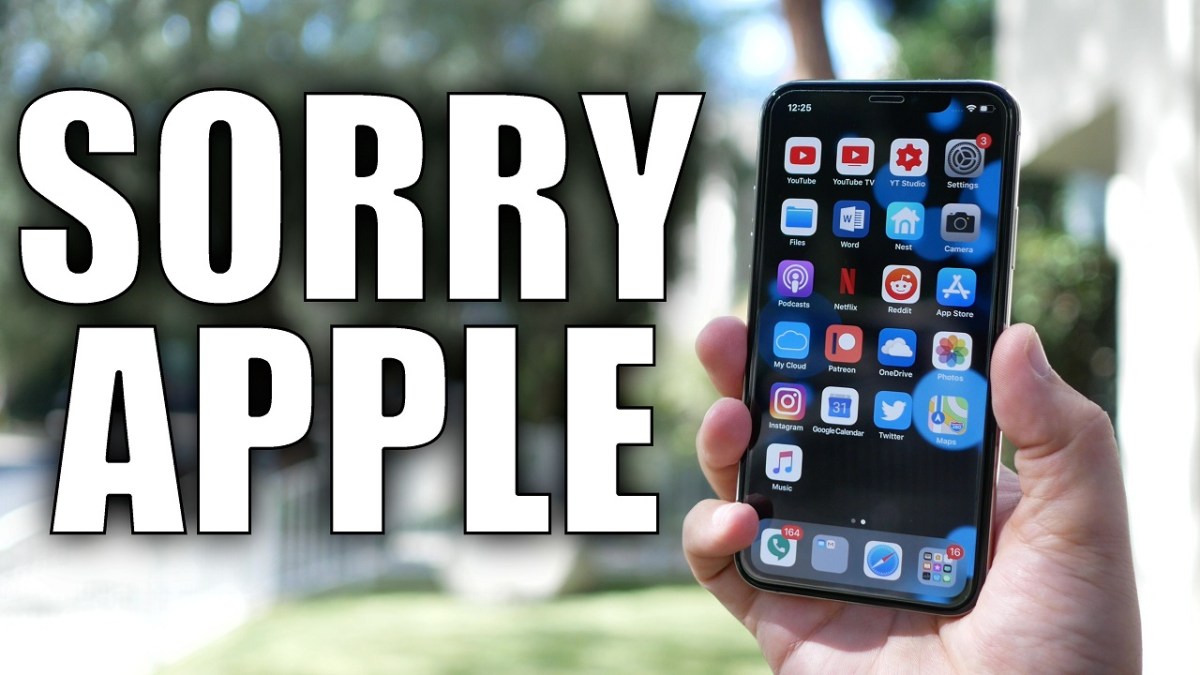I think that may have been why Apple was touting the improved efficiency of the SoC this time around more so than the raw power. Granted, unless you're doing something that really uses the full power of the chip, the screen is going to use more power, but coupled with improvements there, Apple was able to get another 4-5 hours of battery life for these models and I suspect that's a bigger improvement than almost anything else they could have done.
Assuming their figures are good, this should also mean a much longer lasting device. Batteries wear down as they go through an increased number of charge cycles, so extending the battery life means fewer charge cycles over the same period of time and a battery with a longer life ahead of it.
I hear you, but I am also skeptical, even if I believe this is true.
It depends on what workload for many
specialized tasks can get specialized DSP hardware (DSP as in Digital Signal Processor, a specialized microprocessor that is only used for a certain tasks and is completely useless if the task is not needed, or the format of the data is not formatted in the right way for the DSP or the DSP is not called by the software.)
Take for example video / movie playback. That is run on a DSP and not the cpu or the gpu of the soc. DSP can be order of magnitude more efficient than any cpu or gpu. But unless the video is formatted in the right way the DSP can't do its job and there is a fallback onto the CPU and GPU. Well video playback is kind of a best case scenario for dedicated hardware for there is only a few different ways to format video for video works on standards and if you do not follow the standards your video does not spread to others and it is unwatchable.
But software itself is dynamic in a way that video is not.
-----
So the question is under what workloads the increase battery life possible? I have no doubt there are battery life improvements in the SoC for the stars aligned of what is possible with the apple phone platform, they control the OS, they kind of control what software, apis, etc that is run adjacent to the OS, they control the hardware at a very specific level, etc. If anyone is able to eek out battery life improvements on a phone platform it is Apple in a way that Android and Android Phone OEM makers can not, and it is even harder for eeking out battery life on Windows with its Laptop and Mobile platforms.
"I truly believe Apple chips are silly powerful, but for the last four years, Apple really hasn’t let us touch that power. I shared my rendering experiences again, comparing the iPhone XS against the iPhone SE. In iMove, the iPhone SE continues to render video faster than the XS."
iPhone SE has less pixels and less points it draws the screen. I wonder if there is any differences on XS vs XR.
The XS Max and XR share the same user interface elements as in "points" accessible to the software developer and user. Think of points as element real estate not in inches but a ratio of your screen. At the same time the XS Max takes those points and renders them 3x ratio while the XR renders at 2x ratio. Technically 3x should be a little harder on the XS Max hardware since they use the same SoC but fixed function hardware DSP may make this difference trival to perform [and the XS Max also has more ram]
The XS non max has more total pixels but has less points available than the XR.
And the iPhone SE has the least amount of points that are used by any current iPhone that Apple is still supporting with OS updates. The iPhone XS non max has 67% more points, and the XR and XS max 104% more points.
This is a nice table [I will link to the website below] that compares the Points vs Pixels in the various iPhones.
Articles about PaintCode's new features, interviews, application development topics.

www.paintcodeapp.com










